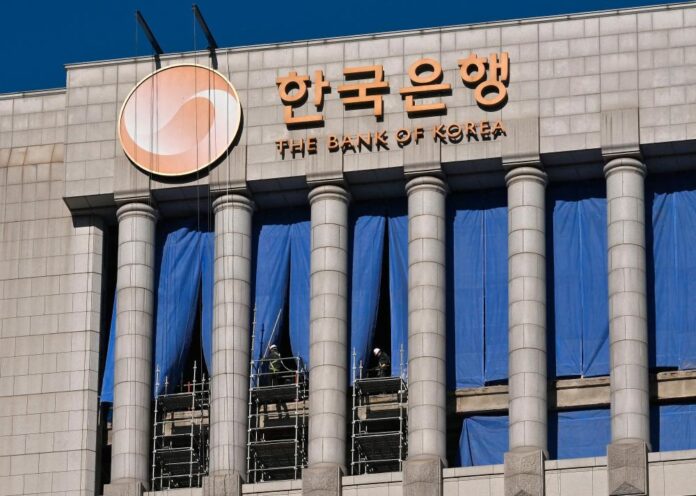South Korea’s inflation slowed further in October, marking the lowest level in nearly four years, according to Statistics Korea.
The consumer price index rose by just 1.3% year-on-year, down from September’s 1.6%, undershooting the 1.4% increase forecasted in a Reuters poll. This continued cooling in inflation strengthens the case for additional interest rate cuts by the Bank of Korea (BOK) and raises concerns about meeting the central bank’s 2% inflation target.
The decrease in inflation, led by falling global oil prices and lower fresh food costs, reflects a broader disinflation trend. However, the Bank of Korea has cautioned that reduced fuel tax cuts and rising energy costs could exert upward pressure on inflation in coming months. “Core prices are expected to remain around 2%, and consumer prices should approach 2% by year-end,” the BOK stated.
Earlier this month, the BOK reduced its key policy rate by 25 basis points to 3.25%, following inflation’s failure to meet the bank’s target. Analysts predict the rate may remain steady until the end of the year, although external economic factors remain a concern.
Core inflation, excluding food and energy prices, rose by 1.8% in October, marking the slowest pace since September 2021. Key food items such as apples and green onions dropped 20% and 13.9%, respectively, while petroleum prices fell 10.6% year-over-year.
First Vice Minister of Economy and Finance Kim Beom-seok underscored the government’s efforts to stabilize food prices, including provisions of 24,000 tons of cabbage and discounts on kimchi ingredients for the upcoming kimchi-making season. Fuel tax reductions and subsidies for diesel and compressed natural gas have also been extended through the year-end.
Amid these measures, the BOK remains cautious about inflation’s trajectory, balancing immediate rate cuts with longer-term economic stability.




